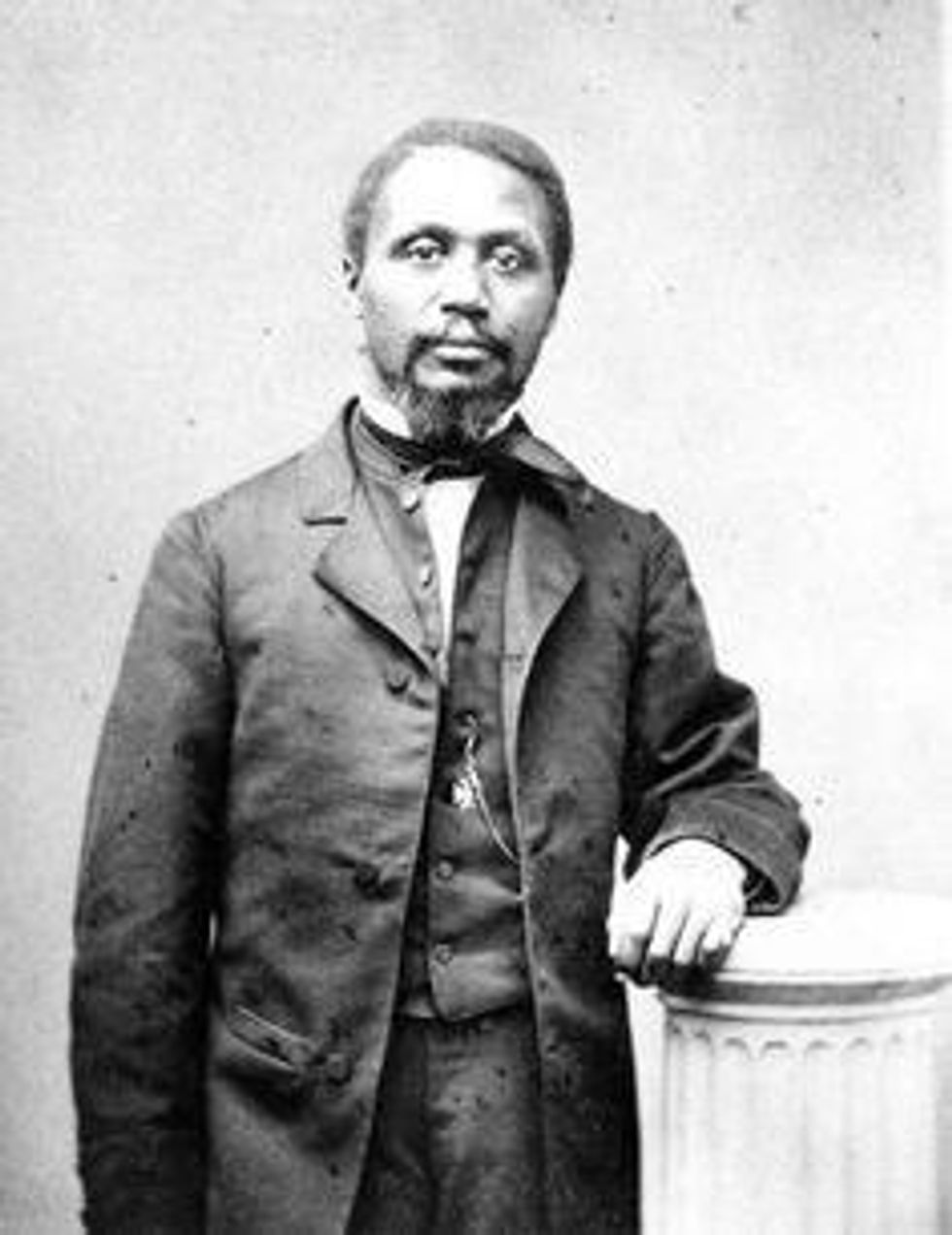In 1816, 47 years before the Emancipation Proclamation, A. Macon Bolling was born in Indiana. Thanks to the work of congressmen and abolitionists Dennis Pennington and Jonathan Jennings, Indiana was not defined as a slave state. Therefore, Bolling was considered to be a free man, although his rights were limited, as they would be for the entirety of his life.
As a young man, Bolling moved to Portland, Maine. While the exact reasons for his move were not documented, Maine was more liberal than Indiana and he likely moved to pursue greater rights and freedoms. In Maine, he changed his name to Macon Bolling Allen and he found work as a legal clerk for General Samuel Fessenden, one of the first members of Maine's anti-slavery party. The laws in the state at the time dictated that anyone with good character could be admitted to the Maine Bar and Fessenden urged Allen to try to get a license. However, the Bar also required that anyone trying to obtain a license be a citizen and, as an African-American, Bolling was not.

However, there was still a way for Allen to become a lawyer. By sitting (and passing) the bar examination, he would bypass the citizenship requirement and get a license. On July 3, 1844, Allen passed the exam and became our nation's first black lawyer. Shortly after, he moved to Massachusetts, known for being even more liberal than Maine, where his historic accomplishments continued to pile up.
First, Allen needed to pass another bar exam so that he would be certified to practice law in Boston. With no money for transport, he walked 50 miles to the test site and still managed to pass. After opening the first African-American law office in the United States with Robert Morris Sr., he was discouraged by the fact that many people still refused to hire him, unwilling to believe that a black lawyer was capable of being successful. Shifting gears, Allen took another legal exam. This time, it was to become a justice of the peace for Middlesex County. Amidst the legal prejudice that black Americans faced at the time, Allen proved to be such a competent man that he secured the appointment. In the late 1840s, he became the first black member of our country's judiciary, even though he was still not considered to be a United States citizen under the Constitution.
Despite his accomplishments, there are very few details that are known about Allen because people did not value African Americans enough to write about him during his lifetime. Unfortunately, this lack of information has led to a lack of recognition. In school, I studied the work and writings of White abolitionists, but I did not know even know that Allen existed until I heard his name mentioned in a Youtube video outside of class. Yet, one could argue that his absolute dedication to justice and the pursuit of knowledge may have greatly influenced the perception of slavery and segregation for the people who he interacted with. Too often, Black History Month devolves into an argument about "reverse racism" or being "politically correct." Let's keep it aboutblack history.
























